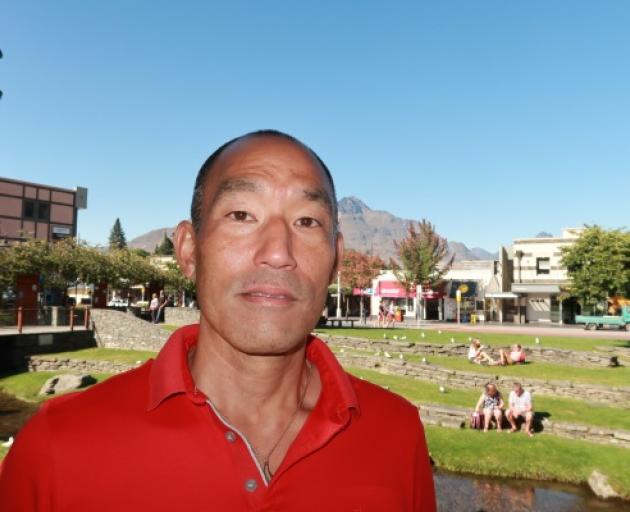
Senior clinical psychologist Dr Gen Numaguchi says he and two other psychologists and two social workers had quit, “which is basically half the team”.
He blames Southern District Health Board for wanting staff to be on-call for almost four times longer than they already were, to staff its planned after-hours service.
The DHB, which originally announced the midnight-to-8.30am service in November 2018, had wanted to start it on December 1 last year.
However, DHB mental health general manager Louise Travers last week told Mountain Scene staffing issues were behind the failure to start the service.
“The result of having even tried to get this 24-hour system has been a disaster, to say the least,” Numaguchi says.
He believes the problem is the DHB wouldn’t fund a separate emergency team instead, it had only taken on one more staff member recently.
“My colleagues and I repeatedly told the DHB management that the idea was unsustainable and would most likely result in resignations, burn-outs and poor work performance.”
He says management had wanted to increase their already-required amount of on-call hours per month from 36.5 to 125.5, on top of their normal 40-hour week.
Those existing on-call hours were already a burden, Numaguchi says.
The Southland-based emergency team takes over at midnight, but when he was called out before then, he’d often still not finish till 4 or 5am, especially if he had to drive someone to Dunedin or Invercargill.
He’d then face a nine-hour stand-down, which in turn meant the daytime service next day would be short-staffed.
“Even the day job now is becoming emergency services, basically.
“In the last couple of years, all we’ve done is band-aid work — in return, people are not getting the treatment they need, so obviously that’s going to trickle down to emergency services later.”
Scene yesterday asked the DHB to respond to Numaguchi’s allegations about his and other staff members’ resignations.
Mental health boss Travers’ only specific comment is: “We are recruiting to the vacant roles.”
She confirms the DHB’s been working over the past years towards providing a 24/7 service based in Queenstown to support people in crisis.
“While this continues to be our goal, implementing a roster to service this has been challenging for a range of reasons.
“Further, since the decision was made to move towards this approach, there have also been ongoing developments in terms of the national mental health strategy, demographic changes in Queenstown and ongoing workforce challenges in this area, so it is timely to re-look at how we achieve this.
“We welcome the additional initiatives that have been introduced in recent years, including the 1737 number, and appreciate the focus being given to the challenge by the government, and look forward to the additional funding making a difference across the primary and community sector.”
Speaking of the government, Health Minister Dr David Clark, who was also asked for comment, says “funding for DHBs’ acute mental health services has increased by about $103 million per annum under this government”.
“Budget 2019 increased the mental health ring-fence — money DHBs must use to fund mental health services — by $213m over four years. This is in addition to the $200m increase over four years in Budget 18.”
Queenstowners will be hoping the DHB can tap some of that money for the resort’s beleaguered mental health team.












